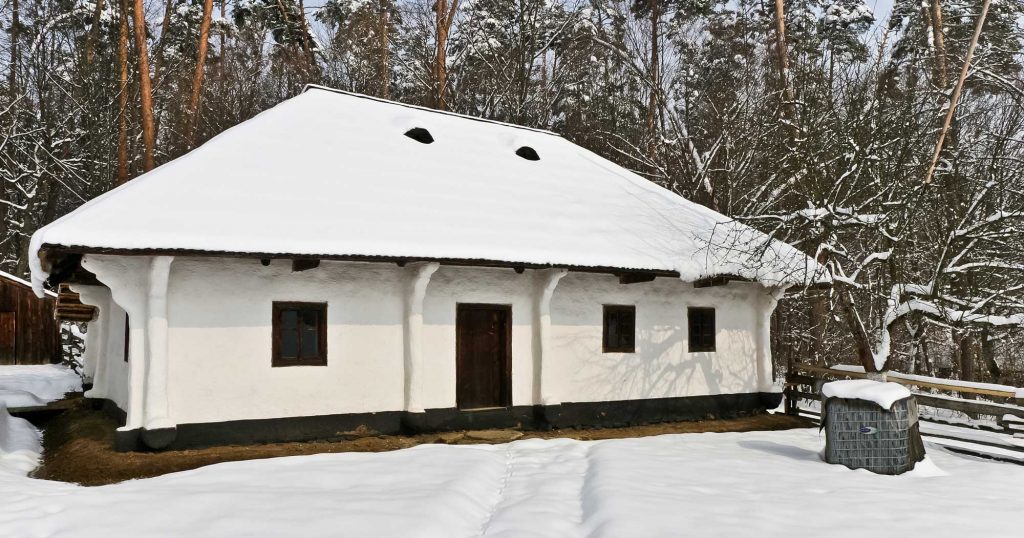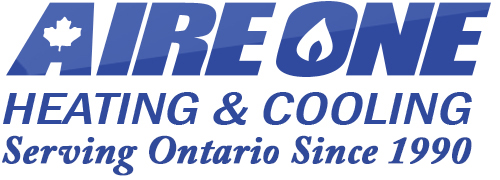
As you know, the winter months are filled with snow and ice. Because of this, many people wonder if part of maintaining their air conditioner includes covering it during the winter. Although this seems like a logical approach, it may surprise you to learn that covering your air conditioner during the winter is not a practice recommended by any reputable heating and cooling company.
When not to cover
Air conditioners are designed to withstand the harsh conditions that the winter months bring. In fact, covering your air conditioner traps moisture, which can lead to mold. Trapped moisture can also freeze on your air conditioner’s coils, causing undue damage over time. Additionally, a covered air conditioner provides rodents a nice place to get in out of the cold.
When to cover
As any heating and cooling company will tell you, fall is the only time you should cover your air conditioner. Leaves and other debris create little pockets that allow moisture to collect, causing corrosion and encouraging mold. Additionally, excess leaves can block the air conditioner’s drainage system.
That said, if a blizzard is approaching, you might want to cover your unit to prevent excess snow from building up. Excess snow melts during the day then freezes at night and can damage the fan blades and coils. However, you should be sure to remove the cover as soon as the storm has passed as doing so will prevent moisture from being trapped within your unit.
How to cover
You should never cover your unit completely. Instead, you should cover only the top portion, ensuring any material does not cover more than six inches of any side. This approach will ensure your system is protected from leaves and debris during the fall or excess snow during a blizzard without trapping moisture that could cause rust and corrosion. Additionally, you should be sure to choose a material that is breathable as this will let the air flow freely while reducing the likelihood that moisture will collect.
Although many people cover their air conditioners, you can ensure the health of your family and the long-term operation of your unit by not doing so. For more information about how to properly maintain and protect your air conditioner you can contact us at Aire One.

